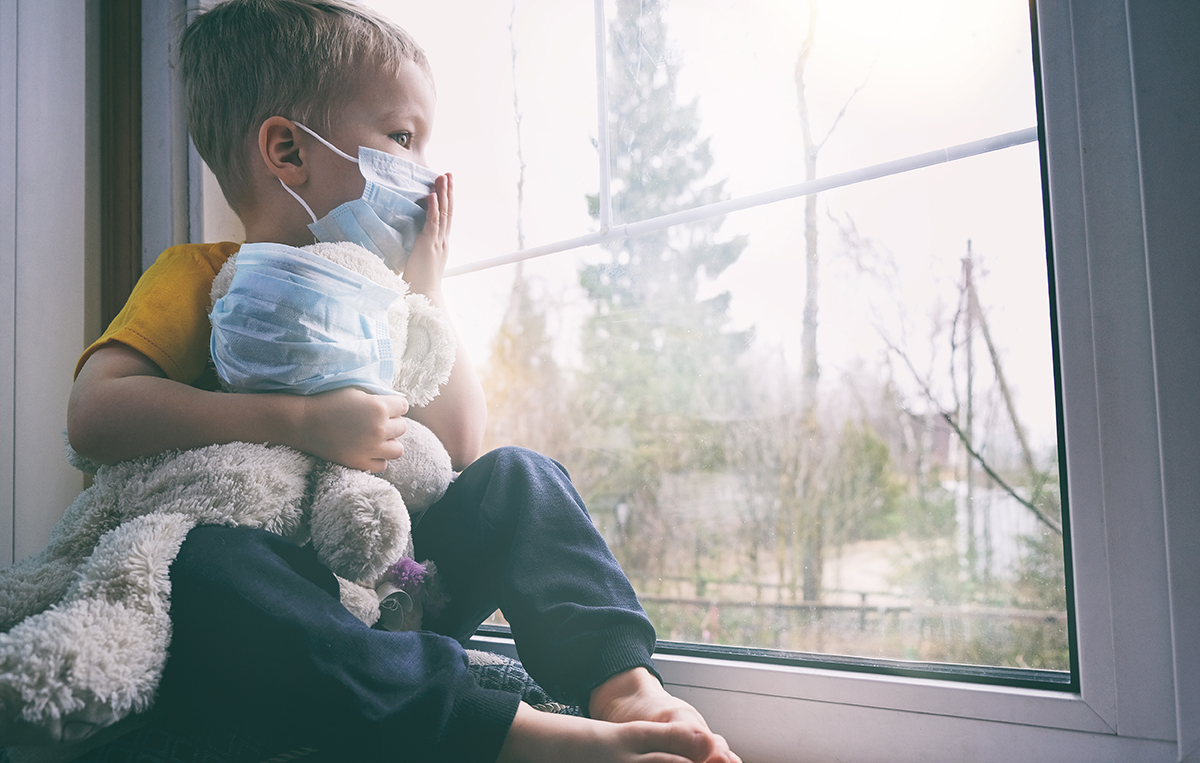Cabin fever: advice for parents
“Cabin fever” is a mental and emotional state that starts to present itself after being confined for a prolonged period of time. How do you deal with it?
child care
Share

What is cabin fever?
Cabin fever is simply the fear of going outside again. It is important to highlight that it is not recognised as a psychological disorder in the World Health Organisation’s (WHO) list of mental health conditions, but it is a mental and emotional state of mind which has been studied in people who, after spending time in confinement, have difficulties returning to their daily activities. People suffering from it find it difficult to relate to other people outside of their homes again and it even prevents them from doing activities such as going out to play sport or using public transport.
The symptoms of cabin fever are similar to those related to anxiety and depression. In other words, feelings of anxiety, fear, sadness, apathy, unease, problems falling asleep, a feeling of tiredness or difficulty in getting up in the mornings.
It is a state experienced by many people after so many days of confinement as a result of the pandemic caused by Covid-19 and which is evident from the gradual easing of restrictions. This situation doesn’t just affect adults, little ones can also suffer from it, especially children who have previously suffered from certain phobias or those who have experienced the toughest consequences of coronavirus first-hand.

Techniques to quash the fear and anxiety of leaving the house
- For children, the perception of how their parents handle the process of returning to normality is very important, since they are their biggest guide. This is why we must be very careful about how we act, but also what we say, in their presence.
- We need to give children time and expose them to fear gradually and through subtle actions. It is not necessary to meet up with the whole family or group of friends the first day it is permitted if they aren’t ready. We can start by taking short walks. It’s better to take small steps forward.
- We should establish routines and objectives for the very near future.
- Continue maintaining social contact using technology. Continue with the video calls or messages to family and friends until the child wants to see them in person.
- We shouldn’t allow them to suppress their emotions. We should talk to them, ask them directly and encourage them to tell us how they feel.
In the event that symptoms persist, and it affects your day to day life and that of your children, it is advisable to contact a professional.







